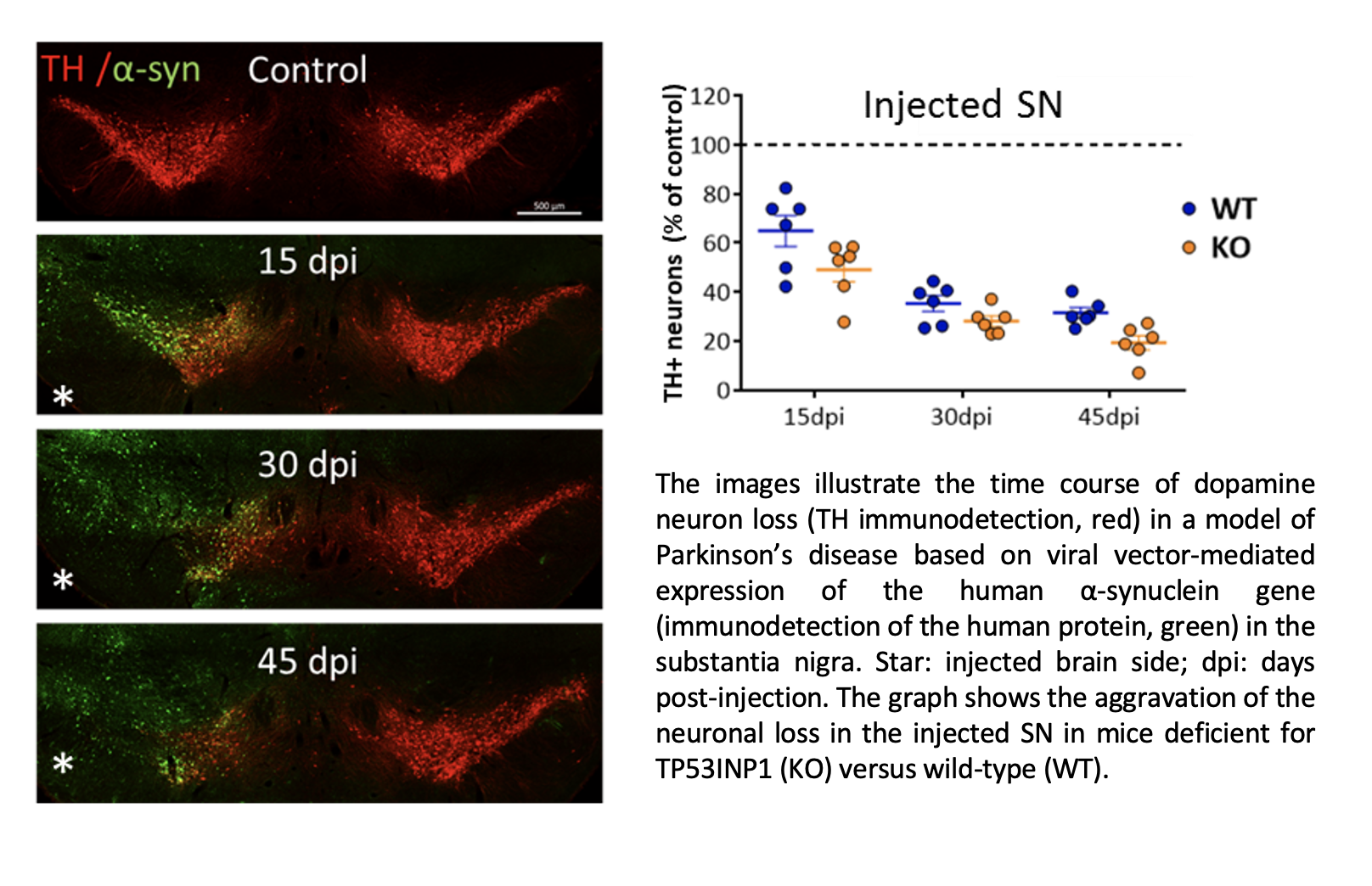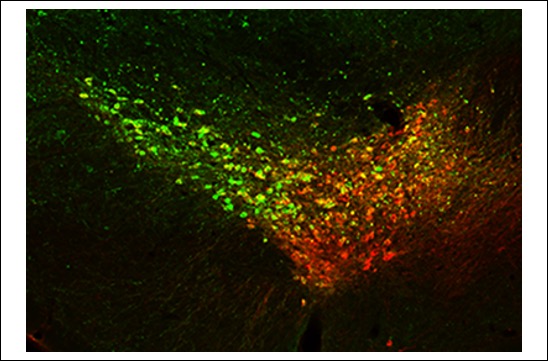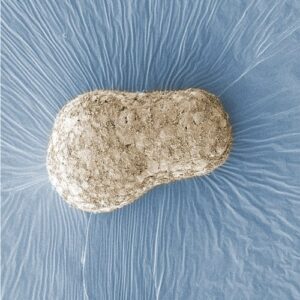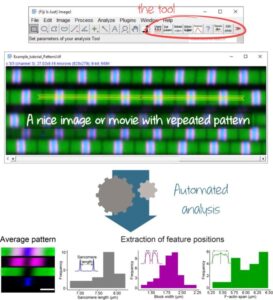This study published in Cell Death & Disease, conducted by the team of Lydia Kerkerian-Le Goff in collaboration with the teams of Alice Carrier (CRCM, Marseille) and Olga Corti (ICM, Paris), provides the first evidence for a role of the stress-induced protein TP53INP1 in the maintenance of neuronal homeostasis in ageing and Parkinson’s disease-related stress conditions.
All along their life, neurons are submitted to cellular stress. Their capacity to manage this stress is crucial for their activity and survival. TP53INP1 is a key stress response protein, which acts as a dual regulator of transcription and of autophagy. TP53INP1 deficiency has been linked to cancer and metabolic syndrome via mechanisms common to neurodegenerative diseases (NDs), including chronic inflammation, oxidative stress and defective autophagy. However, the role of TP53INP1 in the context of NDs remained largely unexplored.
This study highlights an unsuspected neuroprotective role of TP53INP1, by showing that Trp53inp1 knock-out mice display additional loss of dopamine neurons in the substantia nigra compared to wild-type, both with ageing and in a model of Parkinson’s disease (PD) based on α-synuclein overexpression. Rescue experiments in Drosophila, via the targeted overexpression of the homologous gene dDOR confirm this neuroprotective role in a diversity of PD models, either toxin-induced or genetic. Finally, mechanistic studies in vivo in Drosophila and in a mammalian cellular model indicate that TP53INP1/dDOR may act by increasing basal mitophagy via macroautophagy, rather than via the specific PINK1/Parkin mitochondrial quality control pathway. Altogether, these data suggest that TP53INP1/dDOR might adapt basal autophagy and mitophagy demands to chronic stress conditions requiring efficient turnover of unfolded proteins and damaged organelles to sustain neuronal homeostasis, opening novel perspectives for the development of disease-modifying strategies for NDs.

En savoir plus :
- TP53INP1 exerts neuroprotection under ageing and Parkinson’s disease-related stress condition. Emilie Dinh*, Thomas Rival*, Alice Carrier, Noemi Asfogo, Olga Corti, Christophe Melon, Pascal Salin, Sylviane Lortet and Lydia Kerkerian-Le Goff
Contact
Lydia Kerkerian-Le Goff – lydia.kerkerian-le-goff@univ-amu.fr




